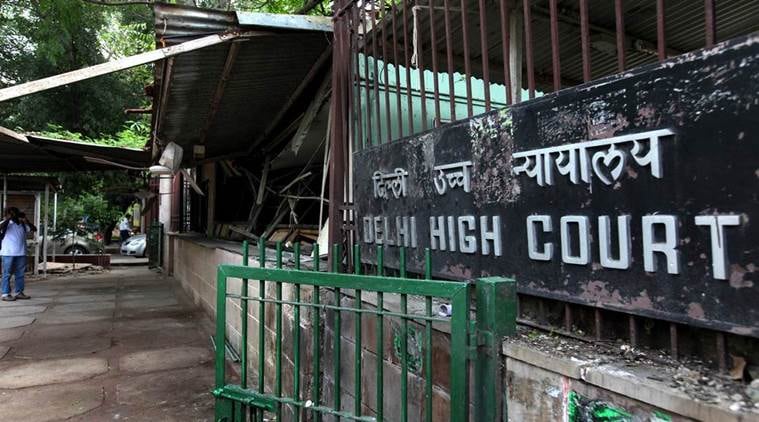 The bench also directed the removal of all posts on the case on social media, including Twitter and Facebook.
The bench also directed the removal of all posts on the case on social media, including Twitter and Facebook.
Delivering A significant order amidst the #MeToo campaign, the Delhi High Court Thursday restrained a woman journalist who had accused senior employees of a web portal of sexual harassment last year from describing the alleged incident on social media or any other public platform.
In an interim order passed in open court, a bench of Chief Justice Rajendra Menon and Justice V K Rao directed the woman and those facing the allegations to refrain from making comments on the issue or disclosing the identities of those involved in the case on all media platforms.
The court had first passed an order in this case on November 7, 2017, directing the suppression of the petitioner’s identity and that of the others involved.
But in a fresh plea, the employees claimed that the woman had taken to Twitter and Facebook, in the wake of the #MeToo movement, to describe the alleged incident and name those allegedly involved. They contended that the woman had violated the court’s earlier order.
Express Explained | When a woman is harassed at work
“None of the parties should give any media interviews on the case,” the bench said, while restraining “any third party from broadcasting on social media their opinion on it”. It also directed the removal of all posts on the case on social media, including Twitter and Facebook.
“The bench said that the parties should restrain themselves from publicising the case pending consideration by the court,” Gautam Narayan, the advocate representing the Delhi government, said. The central and Delhi governments were made respondents in the case after the complainant had challenged relevant provisions of the Sexual Harassment of Women at Workplace (Prevention, Prohibition and Redressal) Act, 2013.
Express Explained | Sexual harassment law: when & where it holds, against whom
The complainant had approached the High Court against the findings on June 13, 2017, of the Internal Complaints Committee (ICC) of the portal, which led to the rejection of her complaint.
In its order last November, the court had also asked the portal and the individuals involved to ensure that CCTV footage of the incident, if available, is not erased or destroyed. “The ICC will take custody of the CCTV footage, if it is available, and ensure that it is preserved,” the court had said.